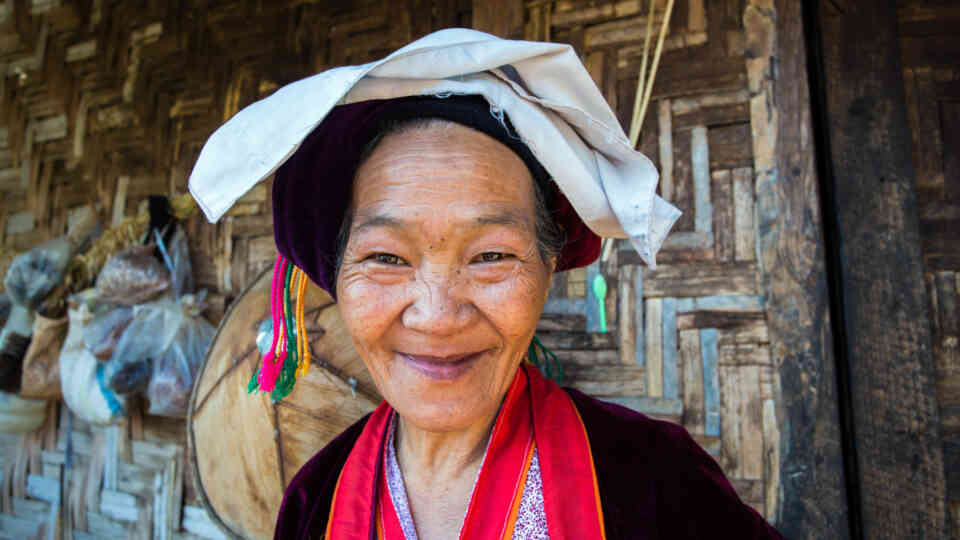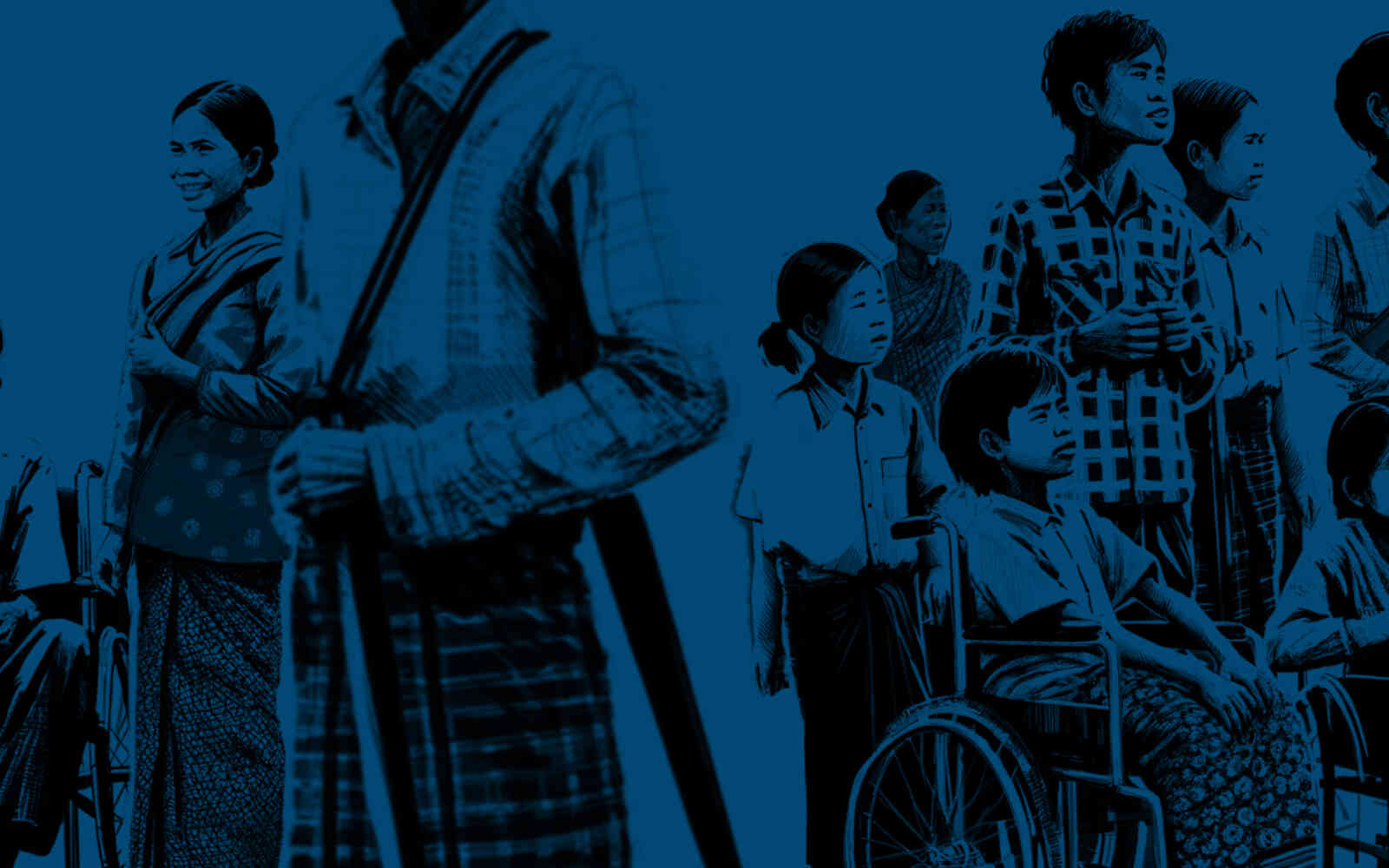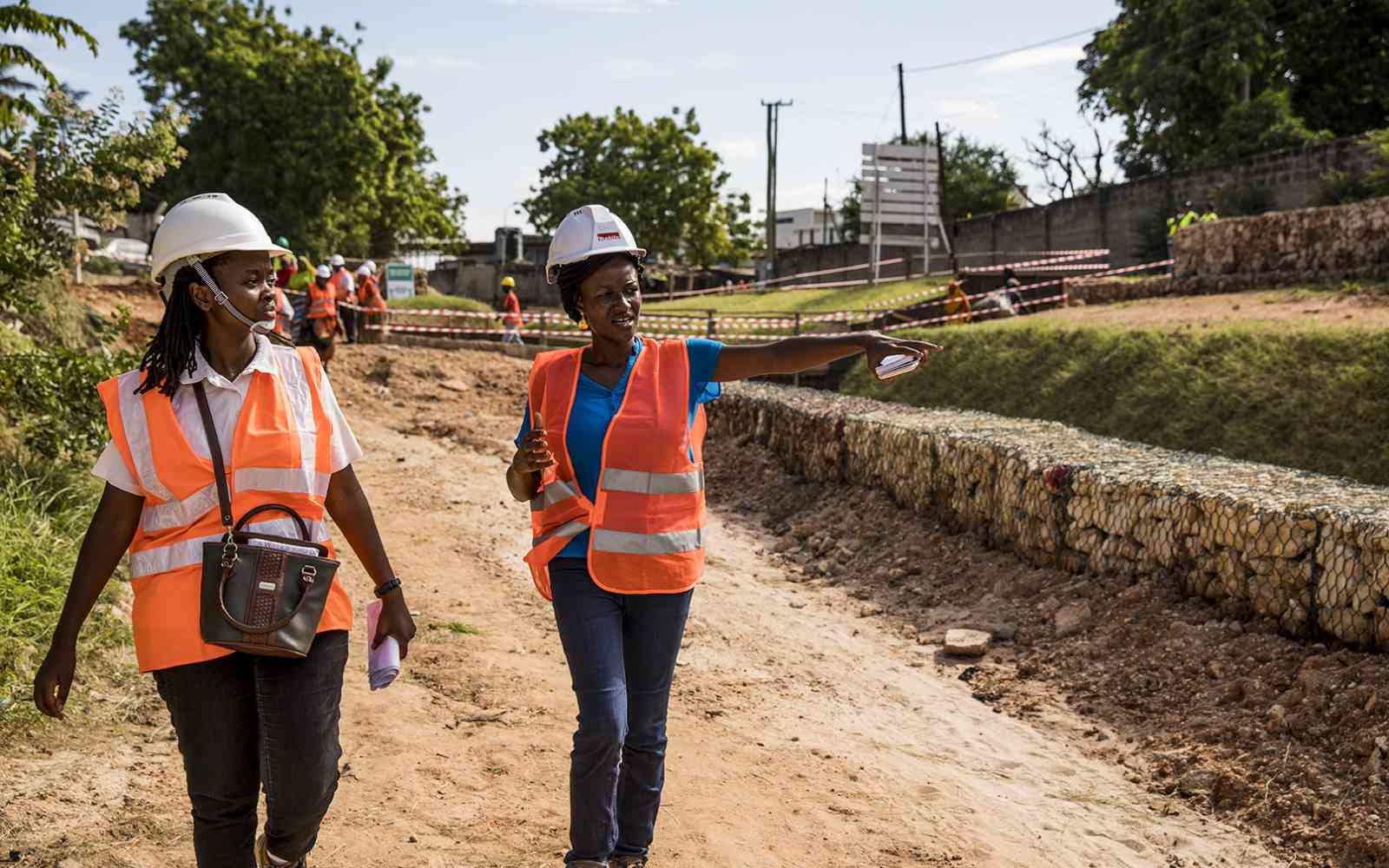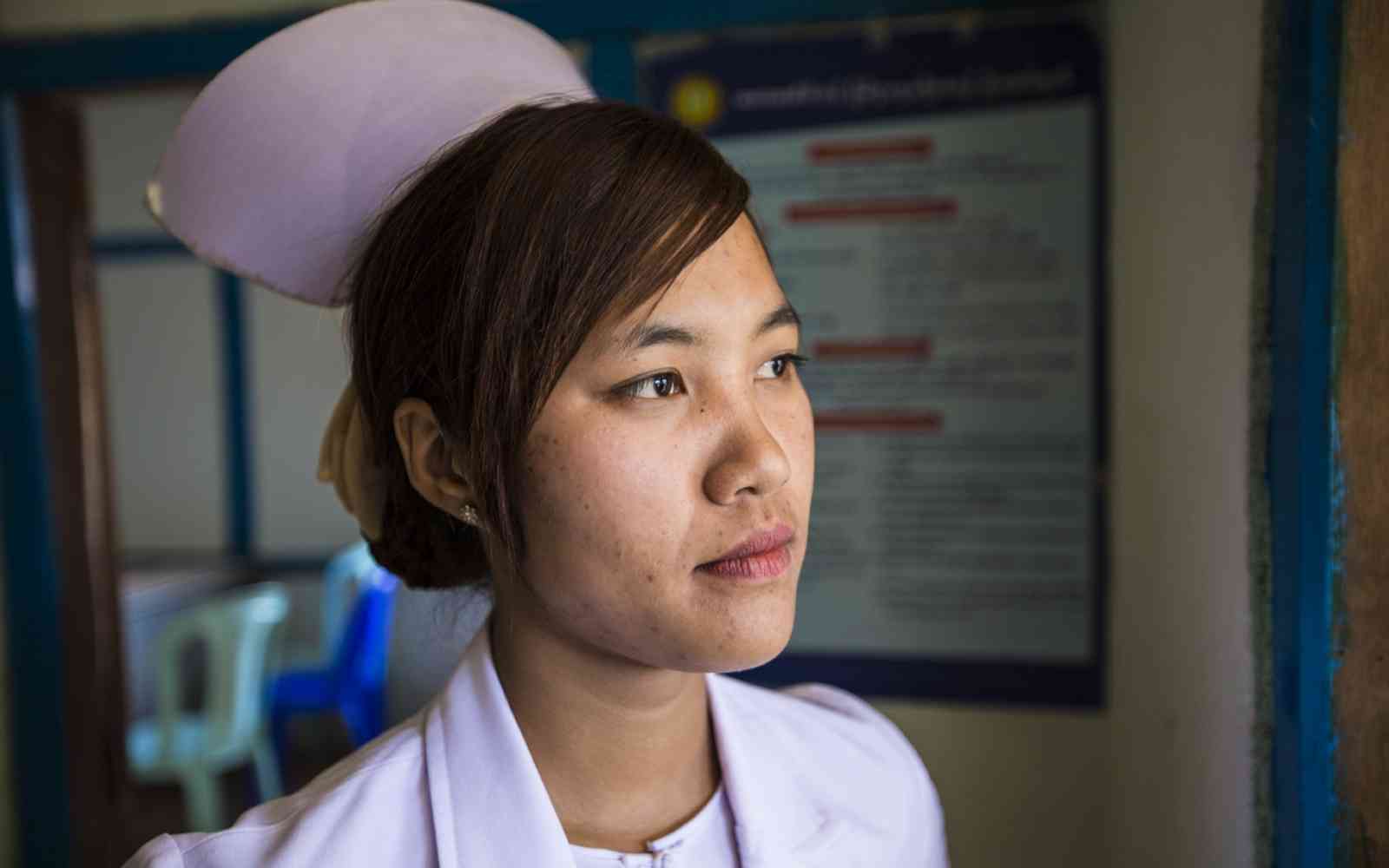The United Nations Office for Project Services (UNOPS)

Healthcare not stigma
Far too many of Myanmar’s women and girls live with HIV. We’re helping them fight discrimination.
Today, Myanmar has one of Asia's highest HIV prevalence rates with an estimated 270,000 people living with the disease. Women and girls over the age of 15 account for 37 per cent of those rates, with young women being twice as likely to get infected compared to young men – particularly if they use drugs or work in the sex trade.
“Women who use drugs face daily barriers in the attainment of basic health and safety rights while experiencing high rates of imprisonment, stigma, discrimination, [and] sexual and gender-based violence,” said one staff member of the Asian Harm Reduction Network (AHRN).
The sharing of syringes remains the leading cause of HIV transmission. The growing use of drugs has become a major concern due to its link with high-risk sexual and injection behaviours. The combination of drug use and sex work has created a group of women particularly vulnerable to HIV and other health issues.
Yet, this is a group that stays hidden in society. Forced there by stigma.

It means that women who use drugs and female sex workers are confronted by overwhelming barriers to the health services they so urgently need. The few women who do overcome the obstacles are typically served by harm reduction services designed for men – simply because not much is yet known about the gendered dimensions of the issue.
I don’t want to be mixed up with men. I want to have a private place because it is my private matter. If I can talk to female doctors and staff, I feel more comfortable.

Acting for women, the Access to Health Fund is working with AHRN to create safe and accessible harm reduction services in Myanmar’s Kachin and Shan States – areas where the use of drugs is especially high. These women-friendly services bring together trained peers with shared experiences as well as female outreach workers to provide spaces where women can communicate more openly about their lives and health issues – free from fear and humiliation.
It is about women and women’s issues, there are things we dare not say in front of a man, and usually the women’s issues are private. This is a place where we can find refuge and shelter.
In order to reach greater numbers from this historically marginalized group, AHRN organized women-led outreach work at brothels, shooting galleries and other places where women are likely to use drugs. Under the umbrella of its drug use and health consequences programme, the network set up special areas with dedicated hours at their drop-in centres. These areas exclusively serve women looking to access health information and treatment services for HIV and other sexually transmitted diseases. Here, they can take free condoms and safe injection equipment without judgement. Female counsellors, outreach workers and youth peers also offer psychosocial support.


Reaching more women in need
Between the first half of 2021 and the same period in 2022, the number of women reached by AHRN's harm reduction services increased from around 950 to almost 1,700. The number of women who got tested for HIV and know their results increased by more than 70 per cent to around 930.
I keep on coming back because of the healthcare I got from them.
The programme’s efforts to reach marginalized women in a short period of time highlight the value of delivering proactive health services that prioritize the gendered dimensions of harm reduction work, and which give women agency over their own unique health needs.













